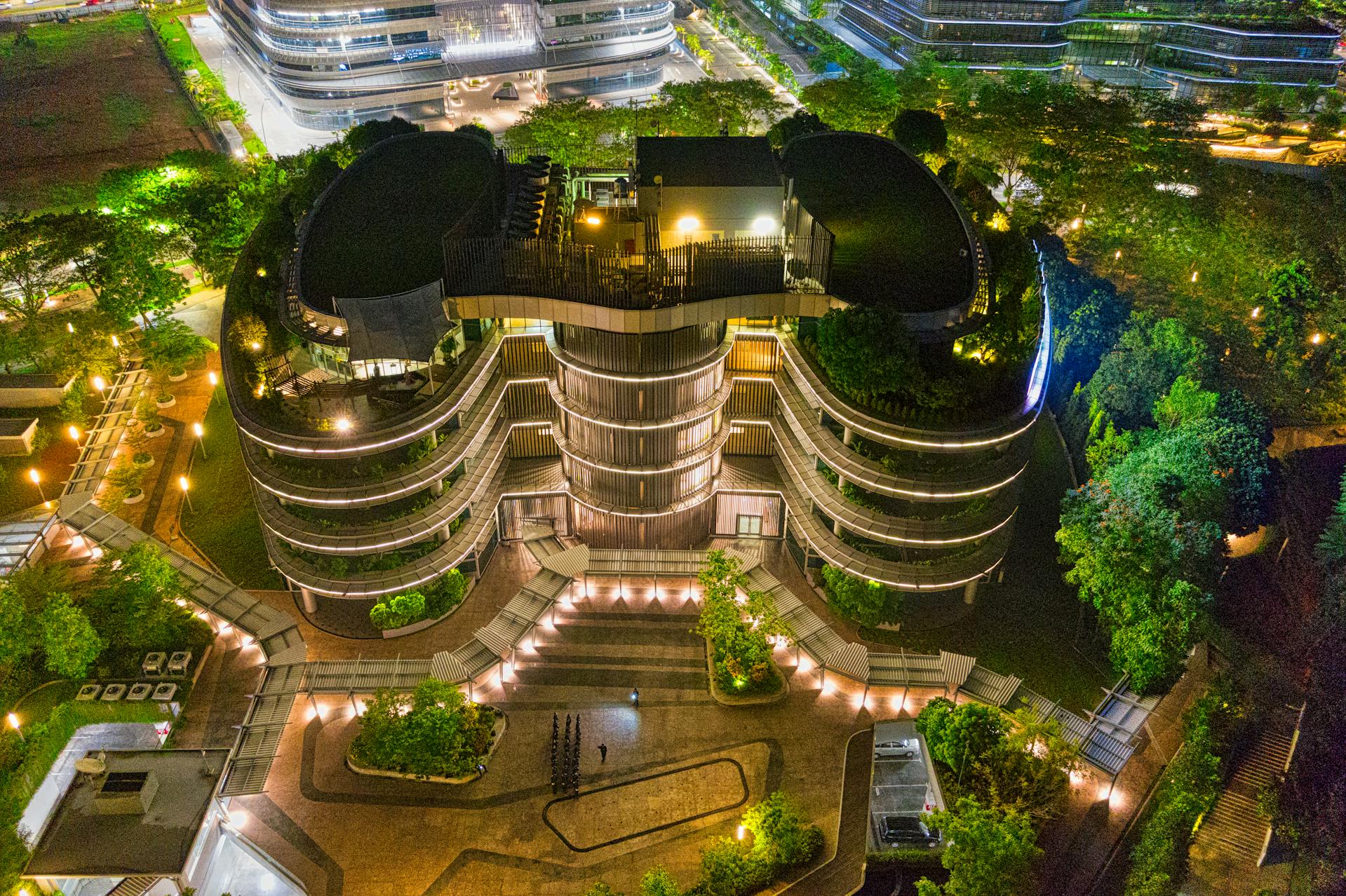Rising energy costs have made homeowners more conscious of the efficiency of their living spaces. Ecological construction, as described on https://www.energieheld.de/blog/energie/oekologischer-hausbau, addresses this challenge by reducing a home’s energy consumption. By focusing on smart architectural planning, efficient building materials, and renewable energy sources, ecological homes not only protect the planet but also help residents save money. The link between ecological construction and lower energy bills shows how sustainable choices provide both environmental and financial benefits.
Smart Design and Natural Efficiency
One of the key ways ecological construction reduces energy use is through architectural design that maximizes natural efficiency. Features such as large, strategically placed windows allow for better use of natural light, reducing the need for artificial lighting during the day. Proper orientation of the home ensures that sunlight helps with heating in cooler months, while shading structures prevent overheating during summer. This balance between natural light and temperature control reduces reliance on electricity and artificial climate control systems, significantly cutting energy costs.
High-Performance Insulation and Materials
A major source of energy waste in traditional homes is poor insulation, which forces heating and cooling systems to work harder. Ecological construction solves this by using high-performance insulation made from sustainable materials such as recycled denim, sheep’s wool, or cellulose. These materials trap heat more effectively in winter and maintain cooler interiors in summer. Energy-efficient windows, green roofing systems, and airtight sealing further prevent heat loss and drafts. This attention to detail ensures that less energy is required to maintain comfortable temperatures year-round.
Integration of Renewable Energy Sources

Ecological construction often incorporates renewable energy systems like solar panels and geothermal heating. Solar energy, in particular, allows homeowners to generate electricity directly from the sun, dramatically reducing dependence on the grid. Some systems even allow surplus energy to be sold back to local utilities, turning homes into producers rather than just consumers of power. Geothermal systems, which use the earth’s natural heat, provide efficient heating and cooling with far less energy than conventional methods. These renewable solutions make homes more self-sufficient and reduce long-term utility bills.
Energy-Efficient Appliances and Systems
In addition to structural features, ecological homes typically include energy-efficient appliances and smart systems designed to minimize power consumption. LED lighting, low-flow water heaters, and ENERGY STAR–certified refrigerators, washing machines, and air conditioners all contribute to significant energy savings. Smart thermostats and home automation systems further optimize usage by adjusting energy output based on daily habits. These modern additions ensure that every aspect of the home works together to keep energy bills low without sacrificing comfort.
Long-Term Financial Benefits
While the initial investment in ecological construction may be higher than traditional building, the long-term savings are substantial. Lower monthly utility bills quickly add up, helping homeowners recover initial costs over time. In many cases, green homes also qualify for government incentives, tax breaks, or rebates, which further reduce expenses. Beyond savings, eco-friendly homes often have higher property values, making them a strong financial investment as well as an environmentally responsible choice.
Ecological construction lowers energy bills by combining smart design, advanced insulation, renewable energy, and efficient appliances. These features reduce reliance on non-renewable resources while ensuring that homes remain comfortable and affordable to maintain. For homeowners, the benefits extend beyond financial savings, as eco-friendly living also promotes sustainability and long-term value. As more people seek solutions to rising energy costs, ecological construction continues to prove that building green is not only good for the planet but also for the wallet.…

